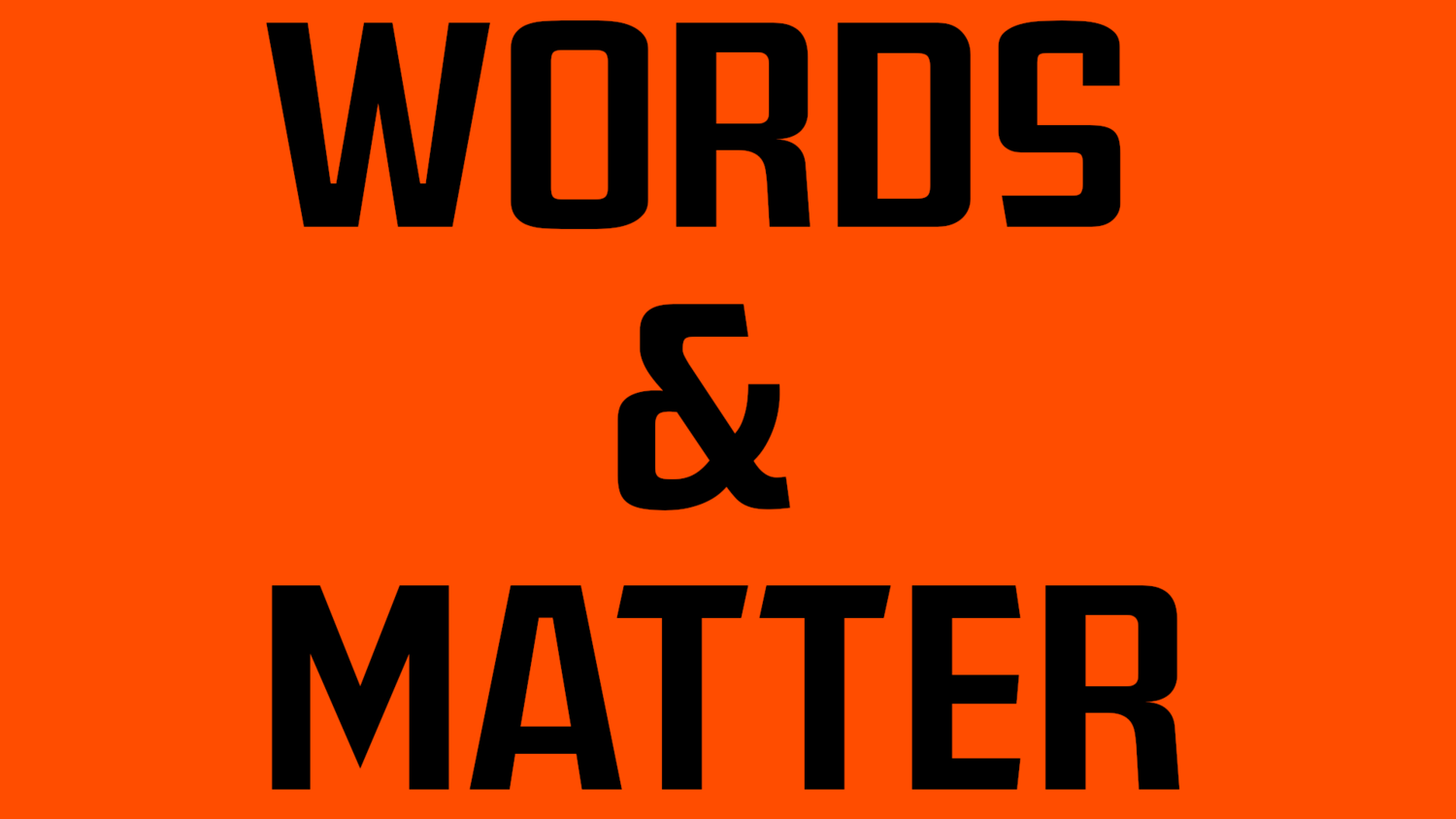Print vs Ebooks: confusing and irrelevant?
/A confusing picture of whether 'traditional' or ebooks are winning the 'format war' is further cluttered by a report about slowing Kindle sales.The report(paywall) by the Sunday Times, revisited by theMail Online, suggests that traditional books are now on the rise as ebook sales fall. The news is backed by word of an 8.9 percent increase in paperback sales, and a fall of 7.5 percent in ebooks (in the United States).
Of course US sales figures don't exactly reflect the UK market, but the story draws further colour from the following quotes from Waterstones chief executive, James Daunt:
The thing with Kindles is that if you want one, you've got one and they don't break, so we are into the 'if you lose it or drop in the bath' market and that's rather small. Plus physical book sales are rising.
But this is two stories. First about ebooks, and then ereaders.
Naturally, the longevity of Kindles and ereaders could be a factor in slowing device sales. But device sales and e-books sales are very obviously different. If the reading market is saturated by devices, of course big chains will replace unwanted e-reader stocks with books. This is a quick effect of a lack of demand for ereaders. And if ereaders fail to innovate or interest readers going forward, the ebook market may suffer long-term.
However, if there are enough ereader owners, ebook sales have the potential to rise above or fall below traditional book sales depending on owners' on their reading habits.
Because of these factors the truth of the 'traditional vs' ebook' debate is a complex one. It spans international markets (at W&M we generally look for the UK sales figures...), and it spans genres, paperback and hardbacks.
We're really not sure what the truth of the situation is.
In January, The Guardian reported a torrid time for printed books since 2010, and in May Techcrunch reported on the rise of ebooks. Yet last month The Telegraph noted a large drop in digital titles.
Across the Atlantic the story is as befuddling. In September, The New York Times reported a slip in ebooks, only for that piece to be challenged by a stat-heavy Fortune piece which goes to commendable lengths to claim the opposite.
We don't take sides on the book vs ebook question, but a comment in the Fortune article by tech analyst Ben Thompson did get our attention. Not because it is pro print or digital, but because it is important for both.
“The implication of ebook sales falling while remaining 20% of the industry is that the industry itself is in decline. Ultimately, in the grand competition that is the market for consumer attention, the fact that books aren’t really improving while everything else is getting better means the publishers may in the end be celebrating the most pyrrhic of victories.”
And that may be the real story here. Let's hope not. Let's read. And read whatever titles you want however you would like to.
W&M



